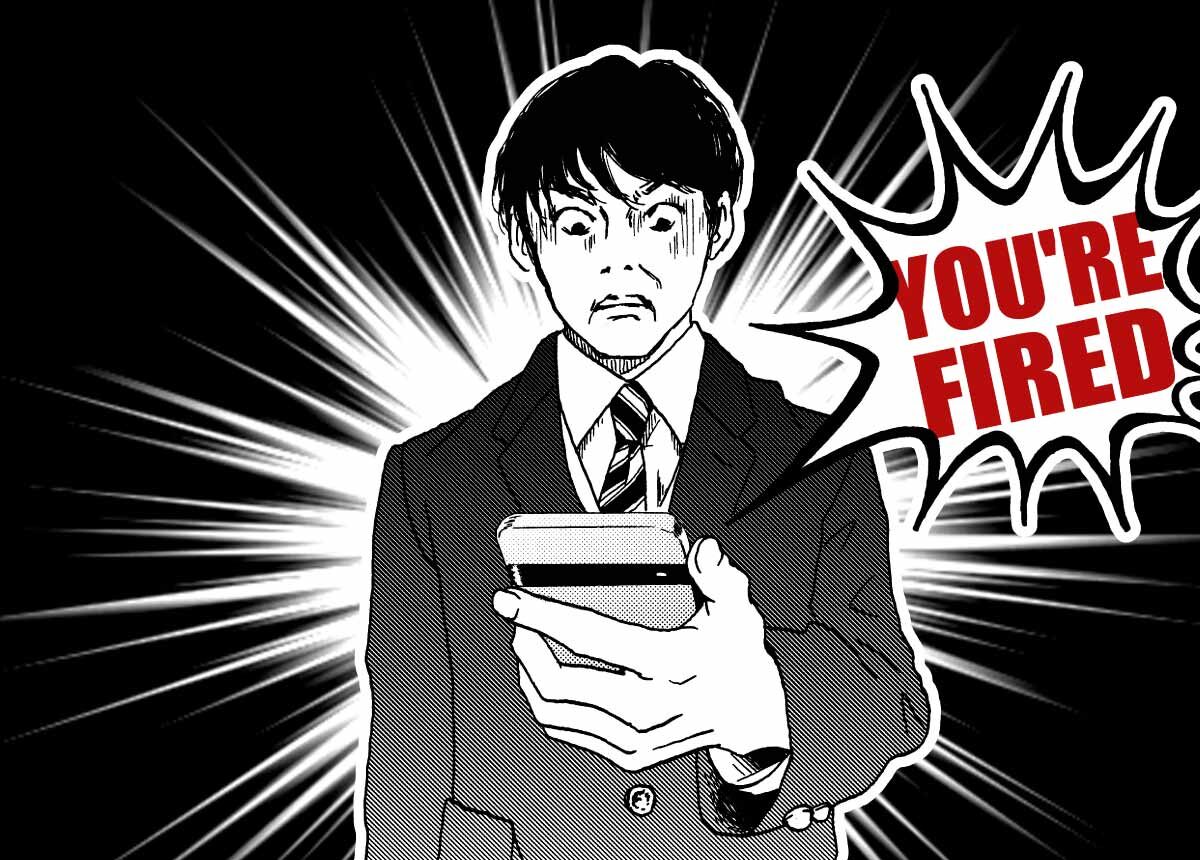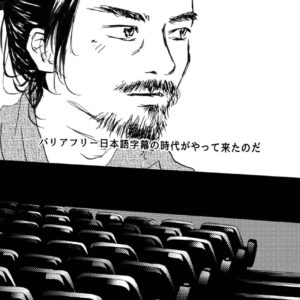At the end of October 2022, American businessman Elon Musk completed the acquisition of all shares of Twitter and became the company’s CEO. He subsequently fired half of the 7,500 total employees of Twitter, Inc. of America. The wave of firings by Mr. Musk has also reached Twitter Japan Inc. According to reports, the U.S. headquarters sent an e-mail to all employees of the Japanese subsidiary stating whether they were subject to termination or not.
By the way, Twitter Japan is a Japanese stock company founded and registered in Japan. Employees working for Twitter Japan have employment contracts with a Japanese stock company and work in Japan, so Japanese labor laws apply to them.
It is generally believed that Japanese companies cannot easily fire employees. No matter how bad the company’s financial situation or how useless an employee may be to the company, once a contract is signed and the employee is hired, the company cannot simply fire the individual. This concept is based on the following rules of the Japanese Labor Standards Law and Labor Contract Law.
Labor Standards Law: When a company terminates an employee
(1)Provide at least 30 days’ notice of termination
(2)Or pay at least 30 days’ wages (termination notice allowance)
Labor Contract Law: Objective reasonable grounds and socially acceptable reasonableness for an employer to dismiss an employee
(1)There is a need to reduce personnel.
(2)Exhaustive efforts was made to avoid dismissal.
(3)The criteria for the selection of persons to be dismissed and the method of selection are reasonable.
(4)The employer has fully explained and discussed the dismissal with the person to be dismissed prior to the dismissal.
Only when “all” of the above four conditions are met. The dismissal is valid.
This rule was created in 1947 based on the idea of “Lifetime employment,” which states that once a person starts working for a company, the company will take care of him or her until retirement. In 2019, however, Toyota’s president said that Lifetime employment can no longer be maintained. In today’s world where speed is demanded in business, there is no time to have a full discussion with an employee who brings no benefit to the company to make the termination effective. Or when you give 30 days’ notice of termination, the employee will probably take outside secrets to a competitor.
Actually, it is said that only publicly traded companies that cannot afford to lose credibility follow those rules. Rural small and medium enterprises and foreign-owned enterprises dismiss their employees easily. The terminated employee is either unaware of the Labor Standards Law, is satisfied that he or she will be paid the equivalent of one month’s wages, or is unable to afford legal fees and cannot go to court. The fact is, there will be no constructive future for you if you fight in court to obtain a position in that company at a cost when you have been told you are no longer needed. With no way to make next month’s payment, the natural course of action would be to look for a new job rather than go to court.
The status of the termination of employment for employees of Twitter’s Japanese subsidiary is unknown other than that a notice was sent out. Since there is probably a confidentiality agreement between the company and the employee, and since notice has been given, there seems to be no procedural problem if the employee is terminated 30 days after receiving the email. Every workers, including outside of the company are now confused because the Japanese practice of companies not firing individuals has been broken. But The employees will be paid a reasonable wage and this issue will be settled.





















